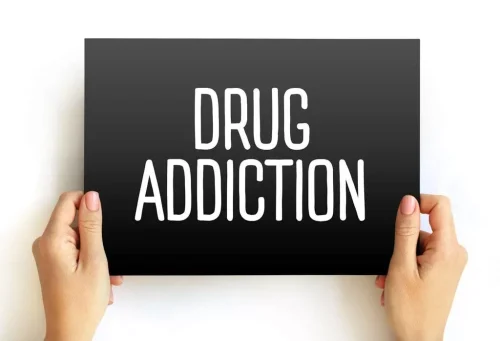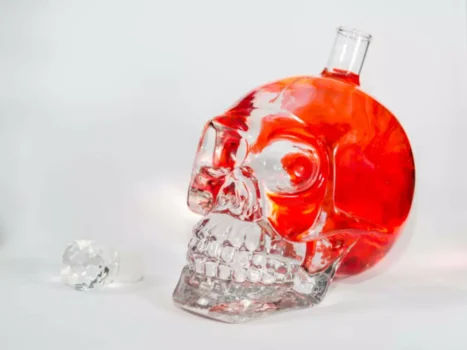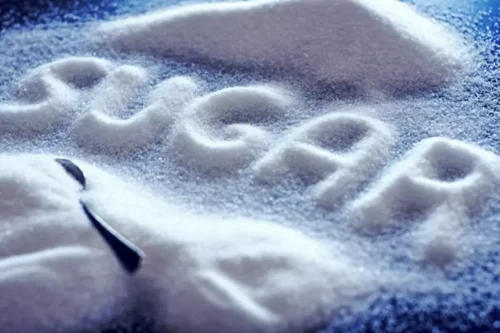
When you’re out in the heat,” explained Dr. Patrick Mularoni, pediatric ER physician and medical director of sports medicine at Johns Hopkins All Children’s Hospital. Take our short alcohol quiz to learn where you fall on the drinking spectrum and if you might benefit from quitting or cutting back on alcohol. If you’d like to reduce or quit drinking, there are innovative new options for support. Online programs like Ria Health offer customized care from home, without disrupting your daily life. Ria provides access to anti-craving medications, weekly coaching meetings, expert medical advice, and more—all from an app on your phone. Like many people, you may still want to enjoy alcohol without compromising your immune system.
Ethanol Metabolism
In the human body, the gut represents the organ with the largest surface area (approximately 32 m2) [2] as well as the one with the highest number of microbes, especially in the colon, where the density of bacterial cells has been estimated at 1011 to 1012 per milliliter [3]. After a child reaches the age of three, the bacterial composition of gut microbiota remains reasonably stable and can alcohol weaken your immune system is unique to everyone depending on different factors like genetics, diet, and different environmental factors. A healthy gut microbiota is characterized by its richness and diversity in its composition [4]. Nevertheless, studies have shown that the normal gut microbiota comprises mainly Bacteroidetes and Firmicutes as the dominant phyla, followed by Actinobacteria and Verrucomicrobia.
Health Categories to Explore
Specifically, chronic alcohol consumption could reduce the SCFAs count through the reduction in some Firmicutes genera, such as Faecalibacterium and Ruminococcaceae, on which the production of SCFAs depends [75,76]. Furthermore, it has been described that alcohol consumption would also have effects on other microbiota derived metabolites, leading to increases in branched-chain amino acids [77] and peptidoglycans [78]. However, studies showing the effect of alcohol on these microbiota derived metabolites are scarce. While binge drinking is typically more harmful than occasional drinking, any amount of alcohol can have adverse effects on the body and its ability to fight infections and diseases. Drinking every day or drinking too much alcohol at a time may affect the immune system more than drinking every other day or every few days, but the healthiest thing to do is abstain from drinking completely. The intestine contains microorganisms that help maintain a healthy immune system, reduce the risk of infection and help the gastrointestinal tract function normally.

How Does Alcohol Consumption Affect the Immune System?
Extremely heavy drinking — about 30 drinks per day — can throw off the balance of immune system cells. This can worsen certain medical conditions and increase the risk of developing others. Lowering alcohol intake, or not drinking altogether, can lower inflammation in the body. Alcohol can increase a person’s chances of developing esophagus, liver, breast, colon, and oral cancer. People who drink more alcohol have a higher risk of developing alcohol-related cancer.

Those who have any of the known risk factors for COVID-19, like heart disease or diabetes, should drink even less. The World Health Organization (WHO) and U.S. surgeon general have warned people to avoid drinking too much alcohol during the COVID-19 pandemic. For those who have a risk factor for COVID-19, like heart disease or diabetes, he recommends drinking even less.
- Within the GI tract, alcohol exposure can also alter the number and abundance of microorganisms present within the microbiome, all of which play an important role in normal GI function.
- This alcohol-induced defect in Th1 immunity correlates with suppression of IL-12 secretion by macrophages and dendritic cells (Waltenbaugh et al. 1998).
- Some alcoholic beverages contain components that combat ethanol’s damaging effects.
- Thus, alcohol intoxication can suppress chemokine production and impair the expression of proteins that allow neutrophils to adhere to other cells at the site of infection, which also contributes to increased susceptibility to infection.
- Alcohol disrupts communication between these organisms and the intestinal immune system.
- The body doesn’t have a way to store alcohol like it does with carbohydrates and fats, so it has to immediately send it to the liver, where it’s metabolized.
World Health Organization Health Topics Alcohol

Only two studies have examined alcohol-induced changes in colonic (Mutlu, Gillevet et al. 2012) and fecal microbiomes (Chen, Yang et al. 2011), and both studies focused on individuals with AUD. Alcohol has a broad range of effects on the structural, cellular, and humoral components of the immune system. The induced innate humoral response plays a critical role in clearing or containing infection while an adaptive response develops. It is characterized by the release of mediators of inflammatory reactions, such as cytokines and chemokines, as well as activation of the complement cascade. In addition, viral infections induce the production of various IFNs and acute-phase proteins. In addition, alcohol significantly inhibits PMN phagocytic activity as well as the production or activity of several molecules (e.g., superoxide or elastase) that are involved in the PMNs’ bactericidal activity (Stoltz et al. 1999), so that overall bactericidal activity ultimately is reduced.

Alcohol Withdrawal Symptoms: What Does Detoxing Feel Like? A Timeline
- Although the innate immune response is immediate, it is not specific to any given pathogen.
- You probably already know that excessive drinking can affect you in more ways than one.
- This same treatment also inhibited the in vitro production of IL-6 and IL-12 by peritoneal macrophages harvested 2 hours following injection of LPS (Pruett, Fan et al. 2005).
Specifically, 24 hours of exposure to both low (1mM) and high (5mM) concentrations of acetaldehyde stimulate IL-6 secretion, however, 7 days of exposure to the high concentration of acetaldehyde, significantly decrease IL-6 secretion (Sarc, Wraber et al. 2011). In contrast, both acute (24 hours) and prolonged (7 days) exposure to low and high concentrations of acetaldehyde reduce TNF-α secretion by primary rat astrocyte (Sarc, Wraber et al. 2011). Several lines of evidence show that the number and function of B-cells are reduced by chronic alcohol. For example, chronic alcoholics exhibit loss of B-cells in the periphery and a reduced capacity to generate protective antibodies (Cook et al. 1996). In addition, chronic alcohol can decrease the number of B-cells that produce an antibody type called IgA5 in one of the layers of mucous membranes (i.e., the lamina propria), which is indicative of altered mucosal immunity (Lopez et al. 1994).







